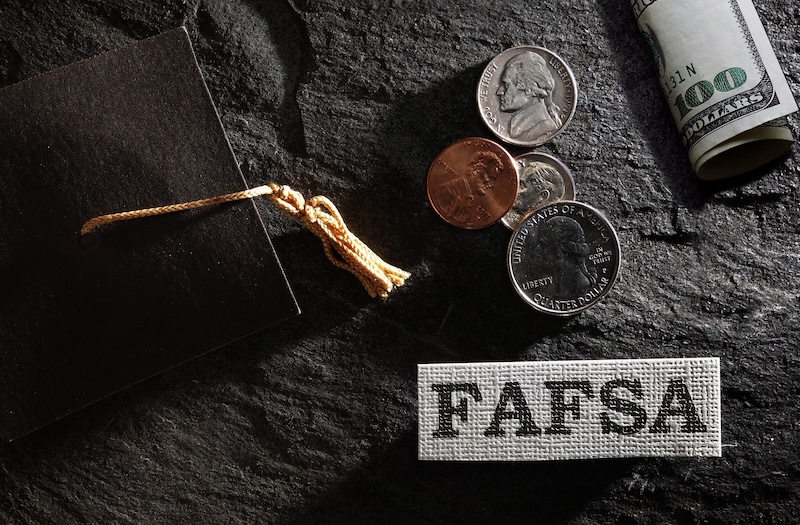Oscar Wilde once said, “To expect the unexpected shows a thoroughly modern intellect.” Life will throw you curveballs, which is why you need to have an emergency reserve fund. The best you can do is prepare for the emergencies that you cannot predict.
Many Financial Emergencies Cannot Be Anticipated
Financial emergencies come in many forms: a job loss, significant medical issues and their expenses, extensive home or auto repairs and all the things you just cannot anticipate. While all the above will certainly challenge you, the last thing you want to do is complicate the problem by using credit cards or other high cost loans to pay for these unplanned, financial emergencies.
At Cogent Strategic Wealth, our clients are advised to have at least six months of living expenses set aside in an emergency reserve fund. Depending upon your individual situation, it might be appropriate to keep up to two years worth of living expenses on hand. It also is sometimes prudent to plan for scenarios that would require a larger emergency reserve fund. Clients must customize based on their own situation. Consider holding more funds if you have any of the following: a high-salaried job, hold a position in a highly specialized field, are self-employed, have multiple dependents, a nonworking spouse, a pre-existing medical condition, own multiple rental properties or have high fixed expenses such as a large amount of debt or tuition bills.

Why It Is So Critical to Have Money Saved for Emergencies
- Prevents falling into debt – An emergency fund minimizes the need to use credit to pay for emergency expenses.
- Smooths out your budget – Emergency reserve fund makes budgeting easier. It does not require you to adjust your budget every time something unexpected appears
- Alleviates financial stress – Just knowing you have an emergency reserve fund allows you the peace to know that you are prepared for life’s uncertainties
- Allows for Flexibility – Emergency decisions are hard. An emergency fund allows more flexible decision-making
How Do You Determine How Much to Put in an Emergency Fund?
When determining just how much to put away, you should examine your monthly expenses. Strip out discretionary expenses that could easily be lived without. Bear in mind, however, that one key expense category could spike up if you lose your job: health care costs. Health care coverage is often supplemented by an employer and your COBRA payments may be much higher after you are released from your employer. Also, a medical emergency might require in-home care expenses to attend to needs caused by a long-term disability. In-home care costs now average just over $4,000 a month. Some disability policies do not kick in for 180 days.
Build your emergency fund now out of investable assets. If you do not have the ability to fund the account, develop a plan to do so and start small. If you find it is difficult to save money out of your income, consider establishing small, regular contributions to a savings account at your local bank. Have the funds automatically deducted from your paycheck and put into this account. Structure the account so that it will not be available to you to easily spend. These funds are for emergencies only. You will thank yourself for your prudent money management when that emergency arises and you are prepared.


